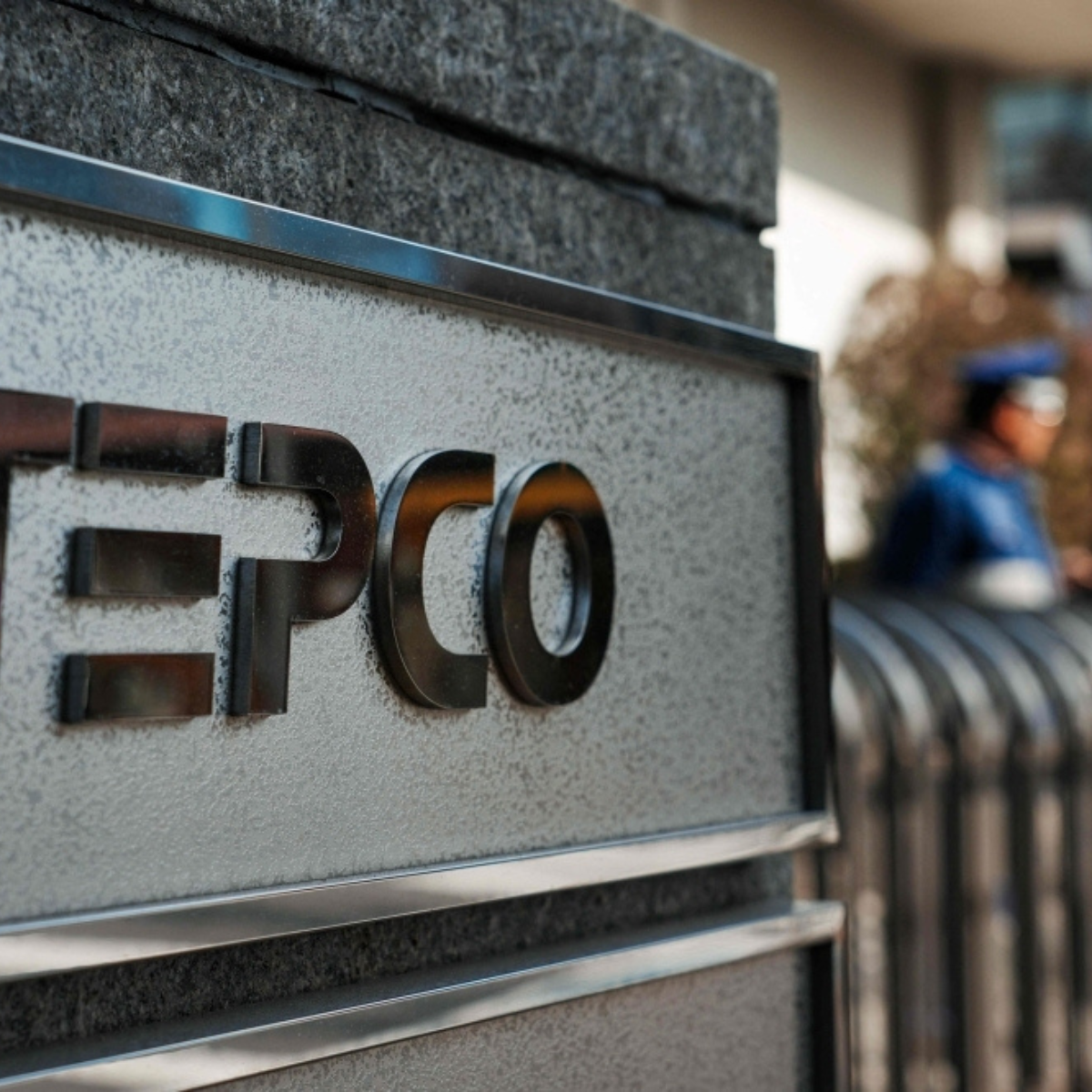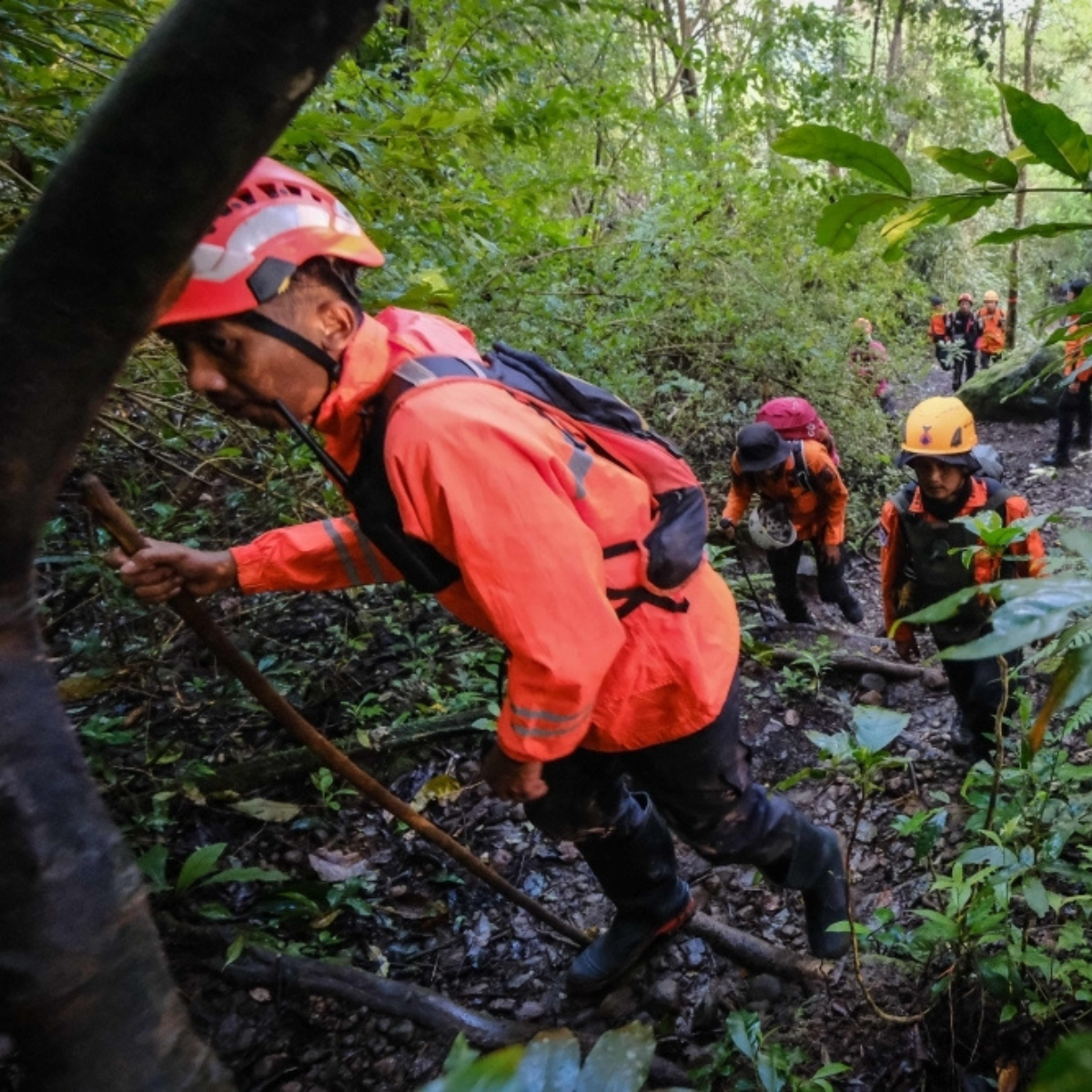TOKYO, Jan 22 — Japan has halted the restart of the world’s largest nuclear power plant just hours after it began, though the reactor remains “stable,” the operator said.
KUALA LUMPUR, July 9 — Prime Minister Datuk Seri Anwar Ibrahim has called for closer alignment between Asean’s foreign and economic policies to bolster regional unity in the face of escalating geopolitical and trade tensions.
Speaking at the opening of the 58th Asean Foreign Ministers’ Meeting (AMM) on Wednesday, Anwar stressed that Asean foreign and economic ministers must work hand in hand to meet current challenges, noting that such coordination is vital to turning regional unity into concrete outcomes.
He pointed to a changing global environment where tools traditionally used to promote growth—such as trade and investment—are now being weaponised to exert political influence and disrupt global cooperation.
“This is not a passing storm, but the new weather of our time,” Anwar said.
He remarked that while power has always influenced trade, it now increasingly defines it, citing the surge in tariffs, export controls, and investment restrictions as instruments of geopolitical rivalry.
Amid these shifting dynamics, Anwar urged Asean to respond with “clarity and conviction,” ensuring that unity is not only expressed in statements, but also embedded in institutions, strategies, and policy execution.
He said this approach aligns with Asean’s Vision 2045, which calls for greater synergy across sectors and stronger habits of coordination to meet emerging realities.
In light of recent developments, Anwar highlighted new US-imposed tariffs on Asean member states. President Donald Trump’s administration issued tariff notices on Monday, with Indonesia facing a 32 per cent tariff, Thailand and Cambodia 36 per cent, Malaysia 25 per cent, and the highest rate of 40 per cent imposed on Laos and Myanmar.
To reinforce Asean’s economic foundation, Anwar called for deeper internal integration through increased intra-regional trade and investment, and faster sectoral integration to strengthen resilience and global relevance.
“Building a stronger, more connected Asean economy is a strategic imperative that will secure our relevance and resilience for the decades ahead,” he said.
He also rejected any suggestion that Southeast Asia should fall under external spheres of influence, asserting that Asean must determine its own path—deliberately, coherently, and with purpose.
“Asean will not be spoken for in absentia,” he affirmed.
While acknowledging the uncertain global landscape, Anwar underscored the importance of Asean delivering practical cooperation that makes a real difference—especially in areas like connectivity, food security, digital transformation, education, healthcare, and climate resilience.
He illustrated his point by referencing everyday lives across the region—from a mother in Battambang to a farmer in Central Luzon and a child in Chiang Rai—emphasising that Asean’s efforts must ultimately benefit its people.
“From Sittwe to Merauke, from Da Nang to Dili, our region can become more peaceful and prosperous if we act not as separate nations moving in parallel, but as one community moving with shared purpose,” he concluded.
Also in attendance were Malaysian Foreign Minister Datuk Seri Mohamad Hasan, Asean foreign ministers, and Asean Secretary-General Dr Kao Kim Hourn.
The 58th AMM and its related meetings are being held under Malaysia’s 2025 Asean Chairmanship, themed “Inclusivity and Sustainability.” — Bernama






